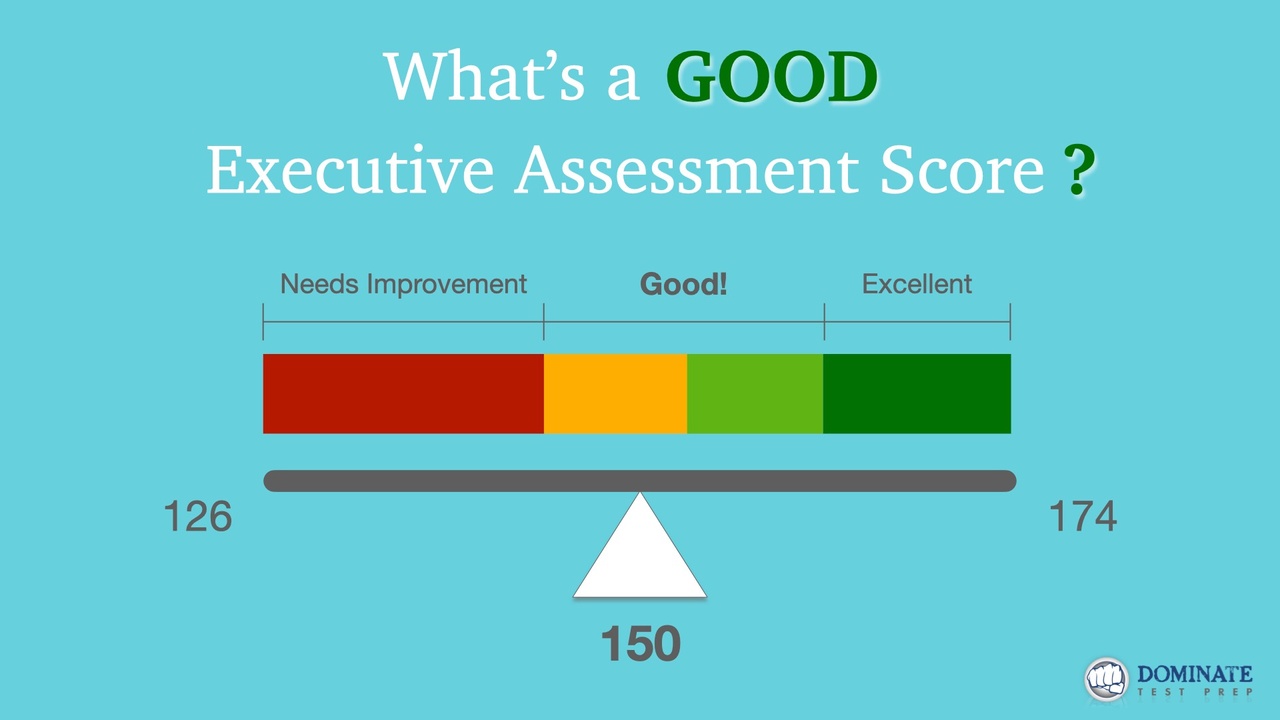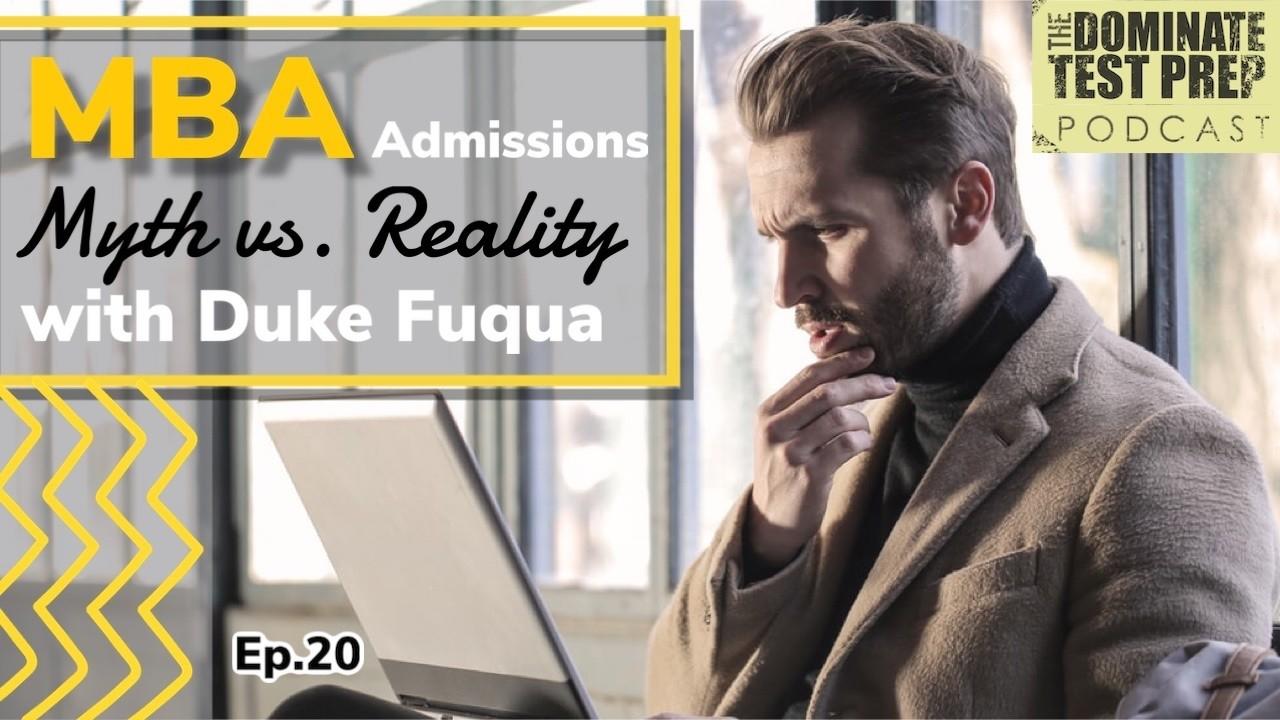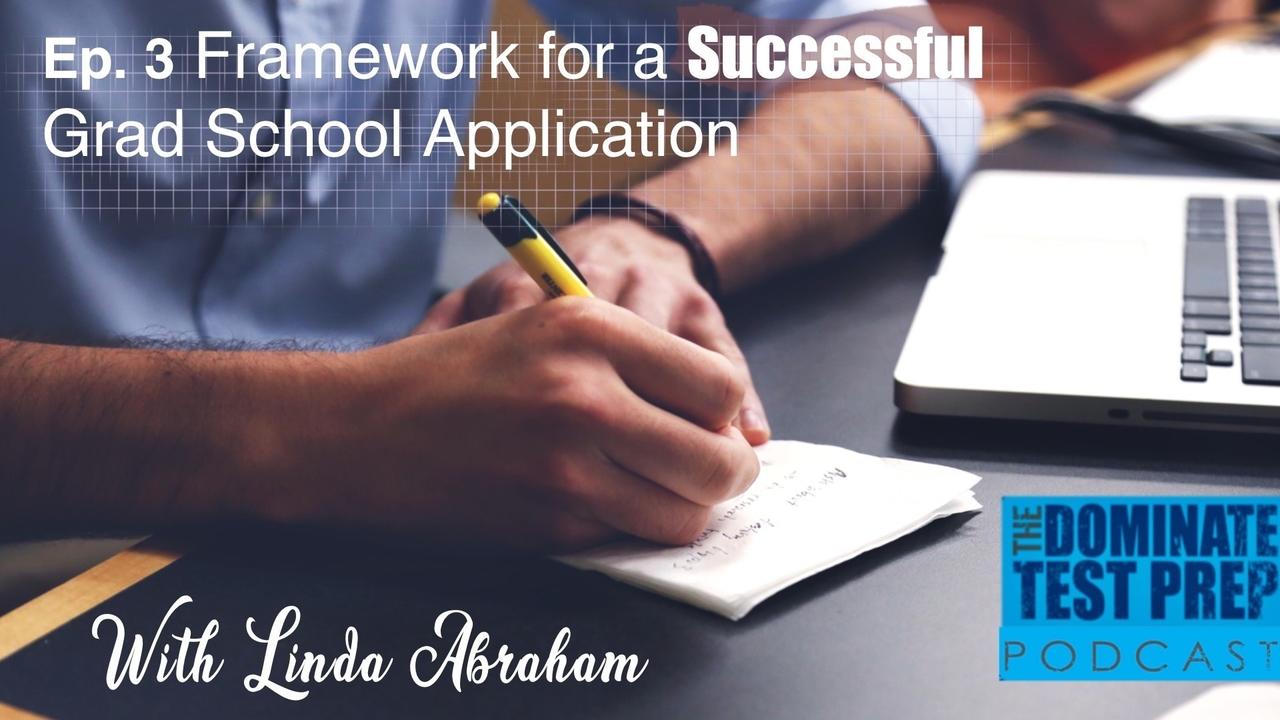The Dominate Test Prep Blog
Take the guesswork out of preparing for your standardized test and applying to school.
INSEAD's Global Executive MBA is one of the top graduate business programs in the world, and it's very competitive to get accepted. As part of the application process, they have a mandatory testing re...
My father once told me that if you don't know where you're going, it's kinda hard to get there.
How true.
When it comes to getting in to business school, "getting there" means understanding the appl...
One of the first and most important decisions you need to make on your higher education journey is determining which schools and programs to apply to. Once you figure that out, much of the rest of the...
Applying to top graduate and business schools is a competitive affair, with qualified applicants from around the world vying for just a handful of spots each year. The difference between getting accep...
The best way to learn what business school admissions officers are looking for is to ask them!
So that's exactly what we did.
In this episode of The Dominate Test Prep Podcast, we sat down with Laur...
Being put on the waitlist at your dream school isn't ideal.
You were hoping to be accepted outright, after all.
But it's not a death knell, either.
Plenty of people are accepted off the waitlist ea...
A lot of people believe that if they can't get in to a top-tier college or graduate school, it's not worth going.
Yet, there are a lot of considerations that play into your decision to go back to
...Your standardized test (GMAT / GRE) is only part of the admissions criteria when applying to graduate or business school.
But what about the rest of your application?
To help you learn how to maximi...
By: Michael Noltemeyer, North Star Editing
Writing an application is like being trapped in a choose-your-own-adventure story that someone else is reading: your fate lies in the hands of your audience...
Interview season is here for Round 2 MBA applicants, and we thought you'd benefit from these helpful tips from Stacy Blackman of Stacy Blackman Consulting about how to answer three of the most common ...
EXCLUSIVE TEST PREP STRATEGIES AND TIPS
Want Regular Support as You Prep for Your Test?
Enter your name and email below and we'll send you our best tips and strategies for getting the score you need to get into the school you want.
You're safe with us. We'll never spam you or sell your contact info.











